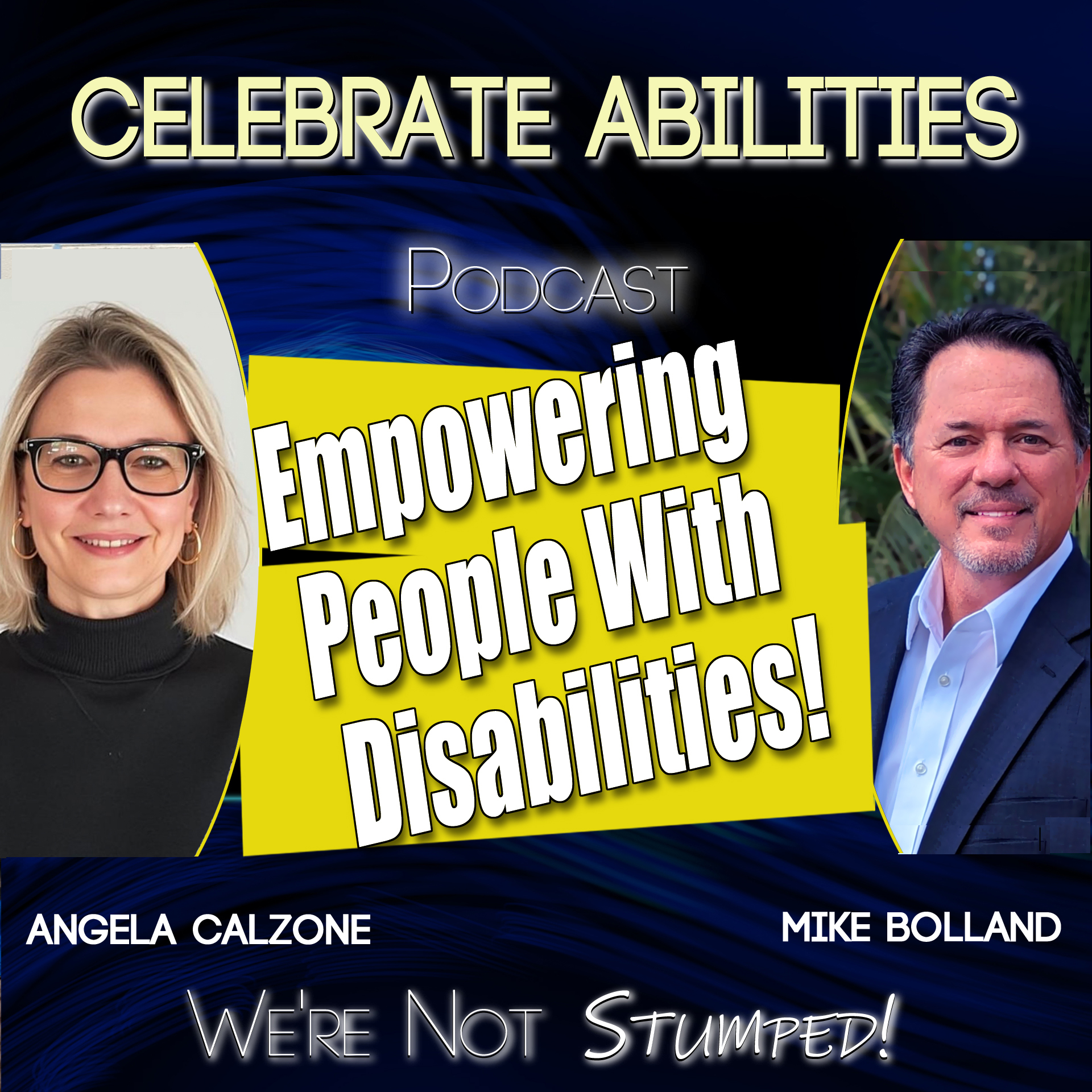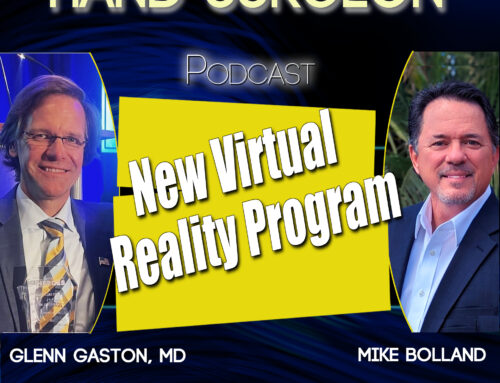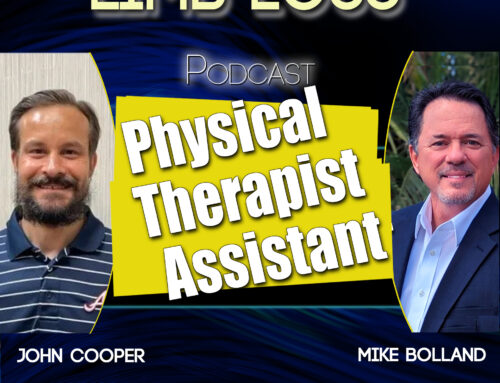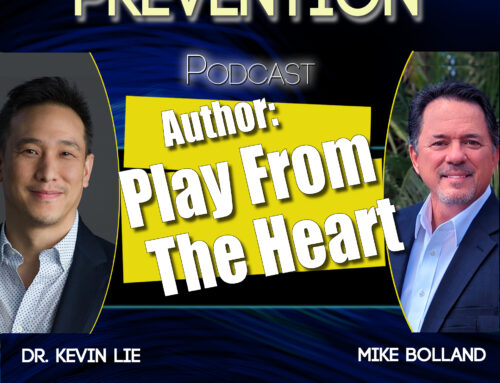In this episode of We’re Not Stumped, host Mike Bolland welcomes Dr. Christopher Duncan, Chief Medical Officer at Biologic Input Output Systems (BIOS), for a groundbreaking discussion on the future of neurotechnology and prosthetics.
Christopher shares his journey from physician in physical medicine and rehabilitation to leader in neural interface technology, with a passion for restoring function and independence for individuals with limb loss. Together, Mike and Christopher dive into:
- The intersection of advanced materials, neurophysiology, and machine learning in prosthetic development
- Why current prosthetic options are like “Civil War technology” compared to what’s possible today
- BIOS’s three-pillar approach to advancing prosthetic innovation
- Patient success stories, including a veteran and a surgeon regaining life-changing abilities with robotic prosthetics
- The role of registries in supporting early adopters and ensuring equitable access across regions
- Privacy and legal concerns around brain-computer interfaces and nerve technology
- The importance of partnerships among research labs, hospitals, and government agencies
- Future applications in lower extremities, diabetes, vascular disease, and even paralysis cases
This episode highlights not just the technology, but the human impact of returning people to full employment, independence, and life satisfaction.
Bios Website: https://www.biologicinputoutputsystems.com/
Mike Bolland Motivational Speaker Website
Listen on Apple Podcasts
Watch on YouTube
Listen on Spotify
In this episode of We’re Not Stumped, Mike Bolland examines leadership at the Amputee Coalition. Between 2019 and 2022, CEO compensation jumped 107%. Cass Isidro led the organization from February 2023 until August 22, 2025. While reliable sources say she did a good job, Mike discusses why long-term leadership is vital for the limb loss community—highlighting the value of someone deeply committed to the cause rather than viewing the role as a career step. He also shares why he personally would not seek recommendation letters for the Certified Peer Visitor program.
Dr. Christopher Duncan, Chief Medical Officer at Biologic Input Output Systems (BIOS), joins We’re Not Stumped with host Mike Bolland for a deep dive into neurotechnology and the future of prosthetics. With a background in rehabilitation medicine, Christopher explains how BIOS is combining advanced materials, neurophysiology, and machine learning to create prosthetic technology that restores natural movement and touch—far beyond what he calls today’s “Civil War technology.” The discussion also explores data registries, privacy concerns, and partnerships with leading institutions to expand access.
In this inspiring episode of We’re Not Stumped, Mike Bolland sits down with Angela Calzone, President & CEO of Inroads to Opportunities, as the organization celebrates its 66th anniversary. With a bold goal to double the number of individuals served—from 400 to 800—over the next decade, Angela shares her passion for breaking down misconceptions about hiring people with disabilities and her mission to create lasting workforce inclusion. From her 35+ year career in the for-profit sector to leading one of the most impactful nonprofits in the disability community, Angela opens up about the challenges of funding, the critical need for employer partnerships, and the real business benefits of inclusive hiring. She also shares powerful success stories, the impact of Inroads’ vocational training programs, and why their largest-ever fundraiser was a milestone moment for the agency. Whether you’re an employer, advocate, or simply someone who believes in the value of diversity in the workplace, this episode will inspire you to see what’s possible when communities come together to create opportunities.








